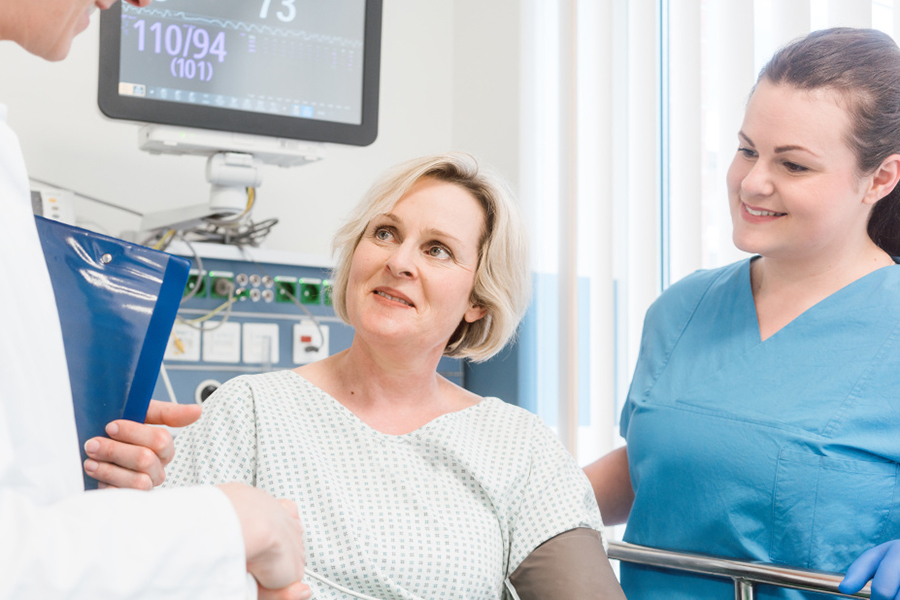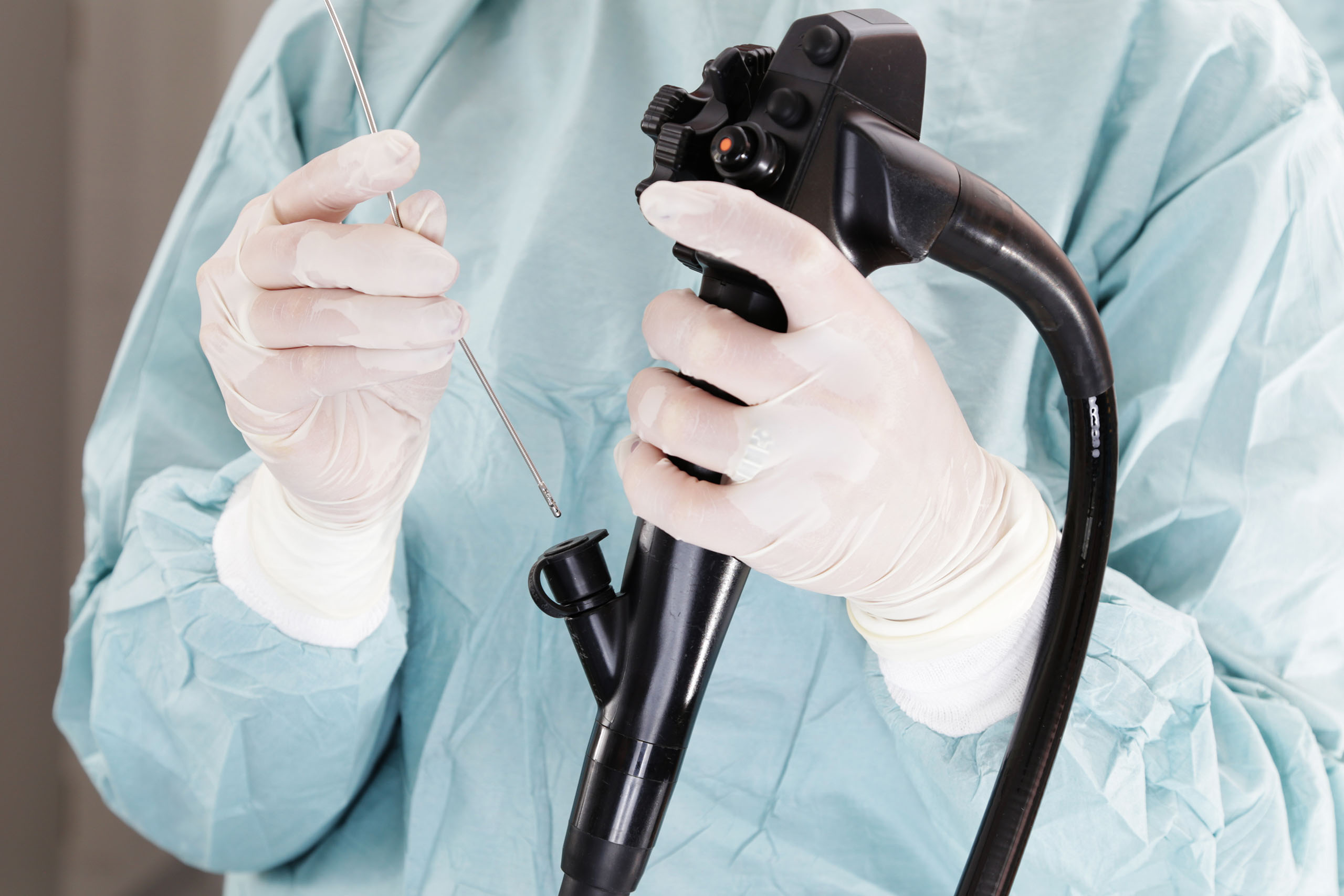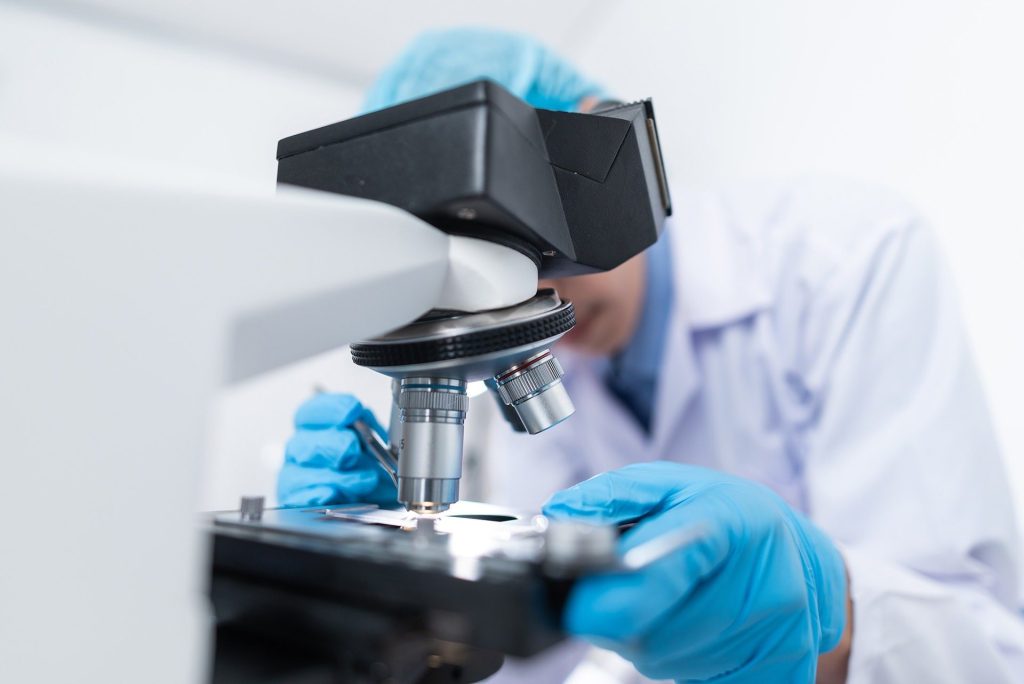The operation of a colonoscopy screening is generally risk-free. However, the surgery itself and the sedative utilised both include inherent hazards, as with any medical operation. After the colonoscopy, if you experience severe abdominal discomfort, fainting, a fever, chills, or rectal bleeding, you should call your doctor. A colonoscopy is a technique to examine the lining of your colon from the inside. A colonoscope, which is a long, thin tube roughly the width of a finger, is the main instrument used to view the interior of the colon. The most typical cancer in Singapore is colorectal cancer. It typically takes place invisibly and without any symptoms at all. The most precise type of colonoscopy could prevent 60% of colorectal cancer fatalities. Similar to flexible sigmoidoscopy, however the doctor examines the rectum and the entire colon to look for polyps or cancer using a longer, thin, flexible tube. The majority of polyps and certain tumours can be found and removed by the doctor during the examination. If something unexpected is discovered during one of the other screening tests, a colonoscopy may also be done as a follow-up examination. How frequently: every ten years (for people who do not have an increased risk of colorectal cancer).

Choosing the best screening test :
There are benefits and drawbacks to each test. Discuss the benefits and drawbacks of each test as well as the recommended frequency of testing with your doctor. The choice of exam depends on—
- Those you prefer.
- Your health situation.
- Your own or your family’s history of colorectal polyps or cancer.
- If you have a hereditary non-polyposis colorectal cancer or a genetic syndrome like familial adenomatous polyposis external icon
- The tools at our disposal for testing and follow-up.



